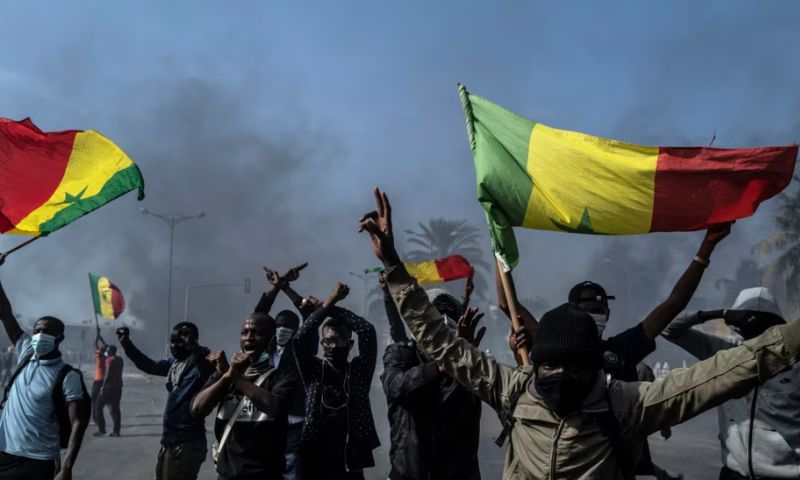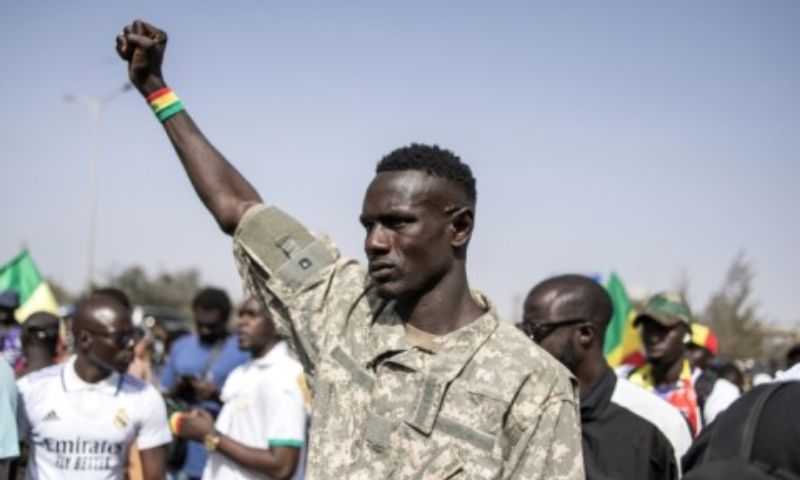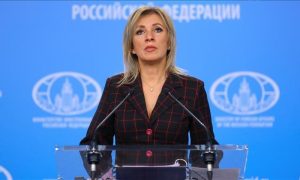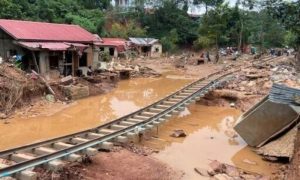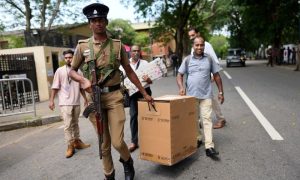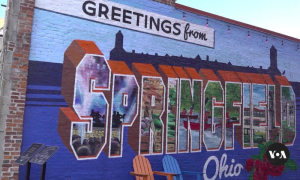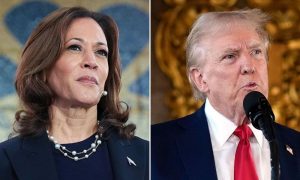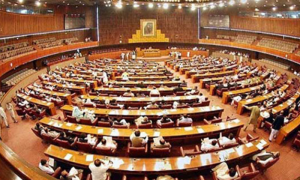DAKAR, Senegal: Senegal’s parliament on Tuesday began considering a controversial amnesty bill for acts related to deadly political protests in 2021 and beyond, as the country is spared its worst crisis in decades.
The pardon is part of President Macky’s response to the disruption caused by the last-minute postponement of the presidential election originally scheduled for February 25.
Delays in the vote sparked deadly protests in the traditionally stable West African country, which is still awaiting a new election date.
In a bid to bring “appeasement to the political space,” President Sall suggested the amnesty bill approved by the Council of Ministers last week.
Its chairman Moussa Diakhate and opposition members told the media that the legal affairs committee approved the document on Tuesday.
He said this bill will be voted on in the open session of the parliament on Wednesday.
The amnesty would cover “all acts likely to be classified as criminal or correctional offences committed between February 1, 2021 and February 25, 2024, both in Senegal and abroad, relating to demonstrations or having political motivations,” according to a document confirmed by a parliamentary source.
The protests have been linked to violent clashes between the government and currently detained opposition leader Usman Sonko, resulting in the arrest of hundreds of rebels, dozens of deaths and serious property damage.
It is not clear whether the pardon will affect Sonko or his presidential candidate, Bassirou Diomaye Faye, who is also in prison.
According to the president, the bill is designed to “calm down the political and social situation” and targets events within a specific time frame without naming individuals.
Moussa Sarr, a lawyer handling the cases of dozens of imprisoned protesters, said that those arrested in connection with the protests will be released and that their charges will be dropped as soon as the law is announced.
Hundreds of protesters have been temporarily released by authorities since mid-February.
However, Saar told the media that one of his clients, opposition politician Moussa Diop, had been “temporarily” released on Tuesday.
Mr. Diop, who had announced his candidacy for the presidency, was arrested in December for “insulting the head of state” after accusing Mr. Sall of involvement in a diamond exploration project in the northern part of the country.
Diop was also accused of defamation, imitating the state seal and forgery in the case, in which he alleged that Aly Ngouille Ndiaye, former mining minster and a well-known industrialist were involved.
‘This is not justice’
Many rebels have expressed their opposition to the proposed amnesty, fearing that it could be used to exonerate government and security officials for the deaths of protesters, calling it a “justice denied” proposal.
The bill also lacks the unifying support of the president’s shaky majority in the government camp.
Amnesty International called this action “an insult to the victims of violence and a disturbing move to waive impunity.”
“Although the amnesty law may effectively end legal proceedings against people arbitrarily detained in connection with the demonstrations, it fails to prosecute those suspected of criminal responsibility for the deadly crackdown on protesters,” said Executive Director of Amnesty International Senegal, Seydi Gassama. “This is not justice”.
On Monday, Sall received the results of a “national dialogue” that called for an election on June 2 and offered him to stay on as prime minister until his successor takes office.
President Sall has been in power since 2012, but is not seeking re-election. He said he would seek the opinion of the Constitutional Council, as opposition parties continue to call for elections before his term ends on April 2.









